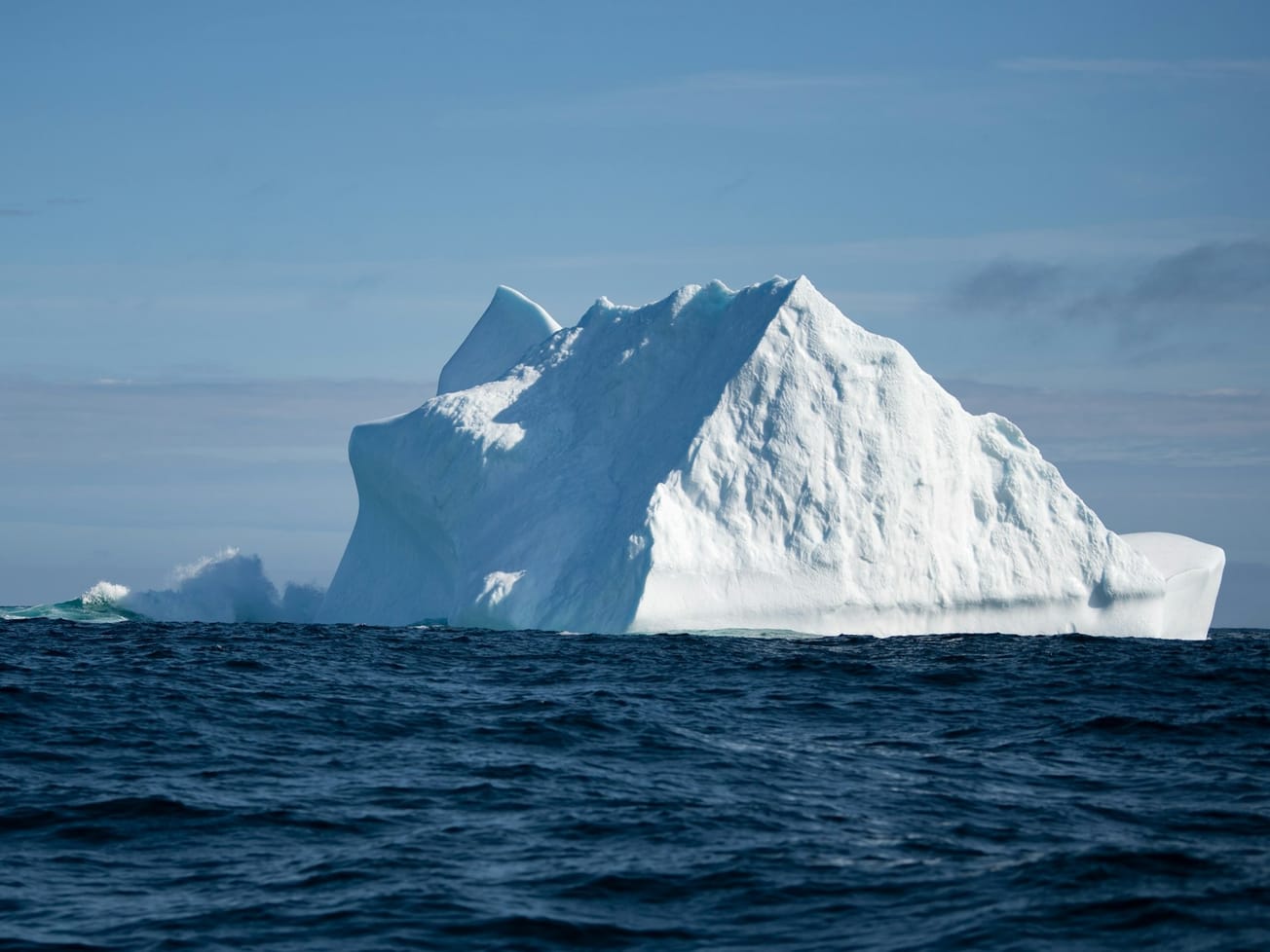An international panel for conserving Antarctica’s ocean ecosystems failed once again to break a deadlock over creating more marine protected areas.
The third special session in its four-decade history "focused exclusively on the issue of marine protected areas," the Commission for the Conservation of Antarctic Marine Living Resources said Saturday.







